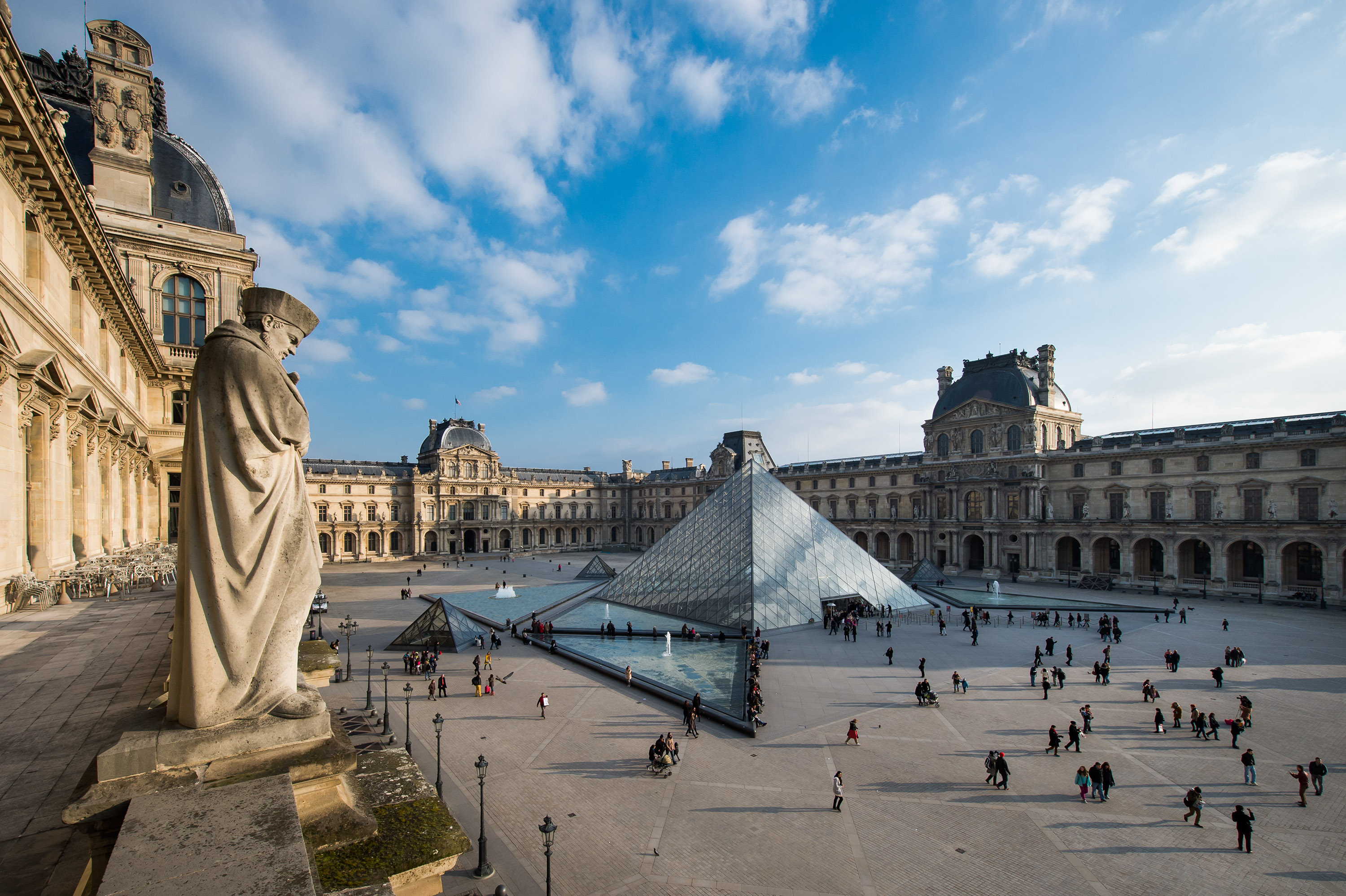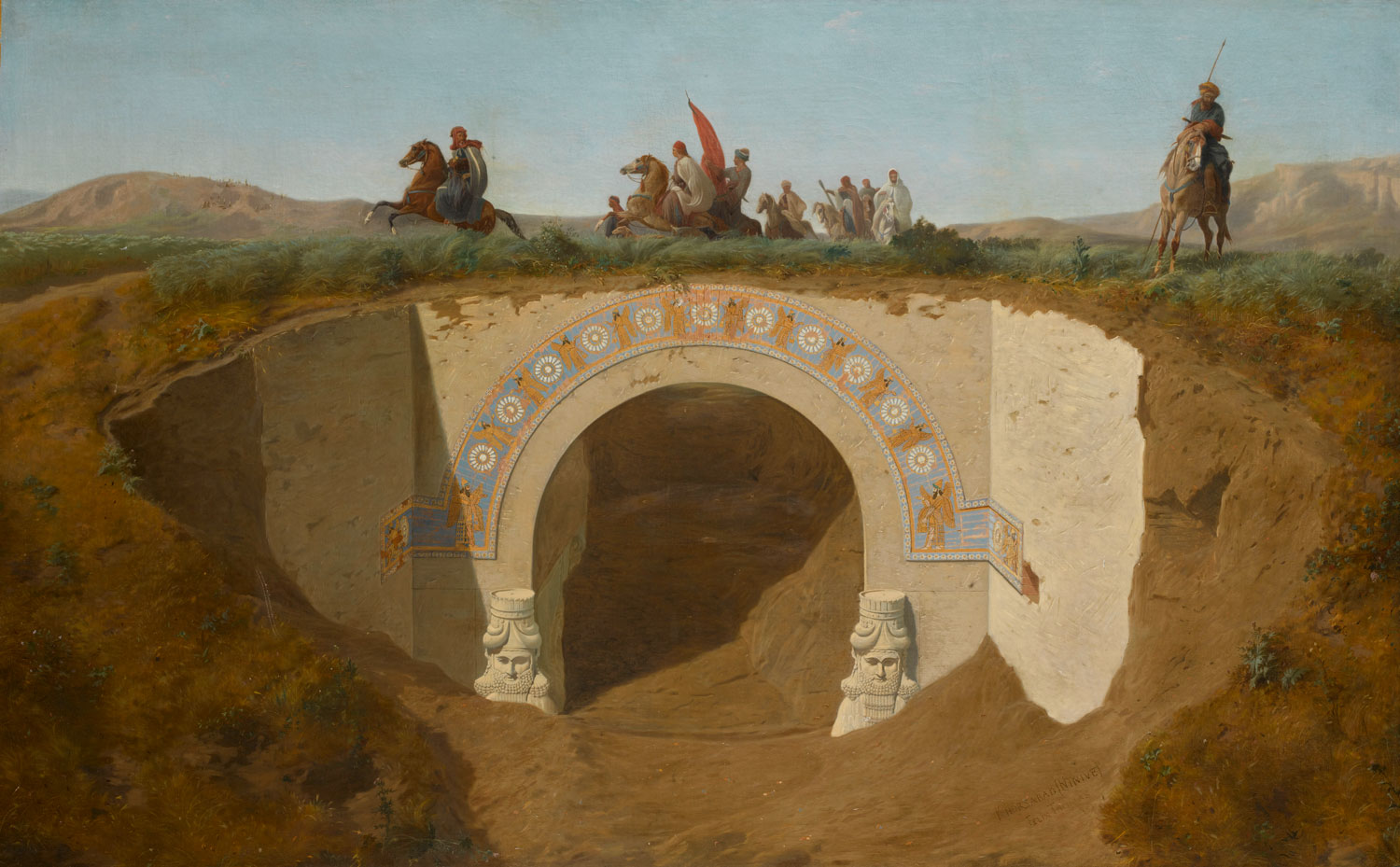
The Louvre in France and around the worldThe Louvre in France and around the world | Expositions et fouilles
Exhibitions and excavations (6)Display:Exhibitions and excavations
Exhibitions and excavations
The Louvre maintains relations with 75 different countries: joint exhibitions, artwork loans, excavations, expert assessments, etc. its collaborative projects and partnerships are structured around 4 main themes: scientific research, diplomatic development, reaching new audiences and diversifying resources.

Exhibitions worldwide : the Louvre around the world
The Louvre has organised some 70 exhibitions in twenty or so different countries over the last eight years, actively contributing to France’s worldwide cultural network.
Exhibitions created or co-created by the Louvre and presented abroad have attracted almost a million visitors in recent years. These include ‘Roads of Arabia’ in the United Arab Emirates and ‘El Greco: Ambition and Defiance’ at the Art Institute of Chicago.
The development of archaeological excavations
Archaeological excavations are an important part of the Louvre’s international activity and a long-standing tradition dating back to the 19th century. They help us contextualise our collections, further our research and strengthen our relationships with experts from the source countries of some of the artworks in our possession.
Since 2013, the Louvre has doubled the number of its archaeological excavations. In 2019, excavations were ongoing in Egypt (Saqqara and Bawit), Sudan (El-Hassa), Uzbekistan (Paykend), Bulgaria (Apollonia Pontica), Romania (Orgame) and Italy (Gabii, near Rome), and new excavations were undertaken in Lebanon (Byblos) and Iran (Khorasan).
Protecting endangered cultural heritage
In 2015, the Louvre’s President-Director Jean-Luc Martinez submitted a report to the President of the French Republic (‘Fifty French proposals to protect the world’s heritage’, November 2015 [lien à ajouter]), recommending the creation of the ALIPH foundation (‘International Alliance for the Protection of Heritage in Conflict Areas’).
Following two international conferences (in Abu Dhabi in 2016 and at the Louvre in 2017), the foundation was created in 2017.
It has a budget of over 80 million dollars and is financed by several countries (essentially France and the United Arab Emirates) and private donors. It has been fully operational since 2018 and has enabled France to play a leading role in the protection of endangered cultural heritage in conflict zones.
Dr Thomas S. Kaplan is the chairman of ALIPH, and French diplomat Valéry Freland has been executive director since 2018.
The Louvre’s ALIPH-related projects include the rehabilitation of the Mosul Museum in Iraq and the restoration of the Beirut National Museum, badly damaged by the explosion of 4 August 2020